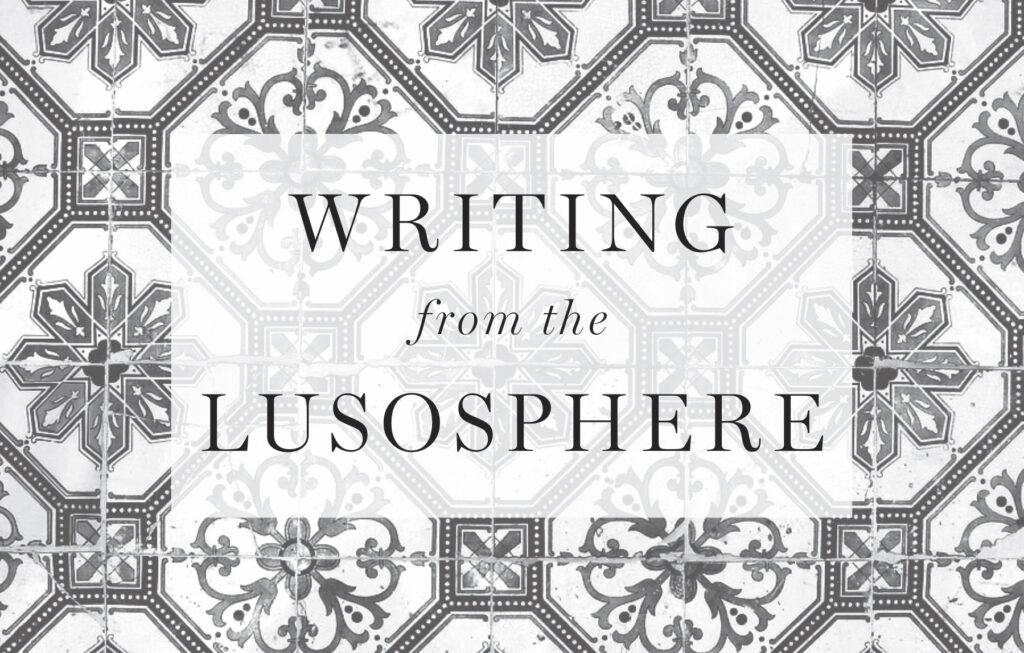Poetry by CLAUDIA PRADO
Translated from the Spanish by REBECCA GAYLE HOWELL
Poems appear in both Spanish and English.
Translator’s Note
These poems and versions are from Claudia Prado’s El Interior de la Ballena (Editorial Nusud, 2000), a novel-in-verse based on Prado’s agrarian family legacy in Patagonia. Prado is an Argentinian poet and filmmaker known for making groundbreaking, socially progressive art. El Interior de la Ballena was her debut, a poetry collection that received the bronze Concurso Régimen de Fomento a la Producción Literaria Nacional y Estímulo a la Industria Editorial del Fondo nacional de las Artes (this is the third place award for the biggest literature prize in Argentina). Mixing fiction with oral history, Prado imagines her ancestors’ 19th century migration from the Basque Country into Argentina and, ultimately, southward into the oceanic desert. These poems offer a rare look at the Patagonian plateau between 1892 and 1963, years of intense immigration and population growth, written through a feminist lens. In addition to poems written in the poet’s own voice, the book also makes wide use of monologue and persona techniques, weaving together this intergenerational story through a multiplicity of voices: here speaks a woman who, against her will, is taken to that desert; here is revealed the thoughts of an orphan laborer; here, a chicken thief celebrates his sad prize. In El Interior de la Ballena, Prado uses her page to privilege the often unseen and unheard, composing in silence as much as sound, and in so doing creates a poetics of Patagonia itself. When read together, the poems quilt a place, time, and lineage through a story of strong women, wounded and wounding men, and a rural and unforgiving landscape from which hard-scrabble labor is the origin of survival.
—Rebecca Gayle Howell












